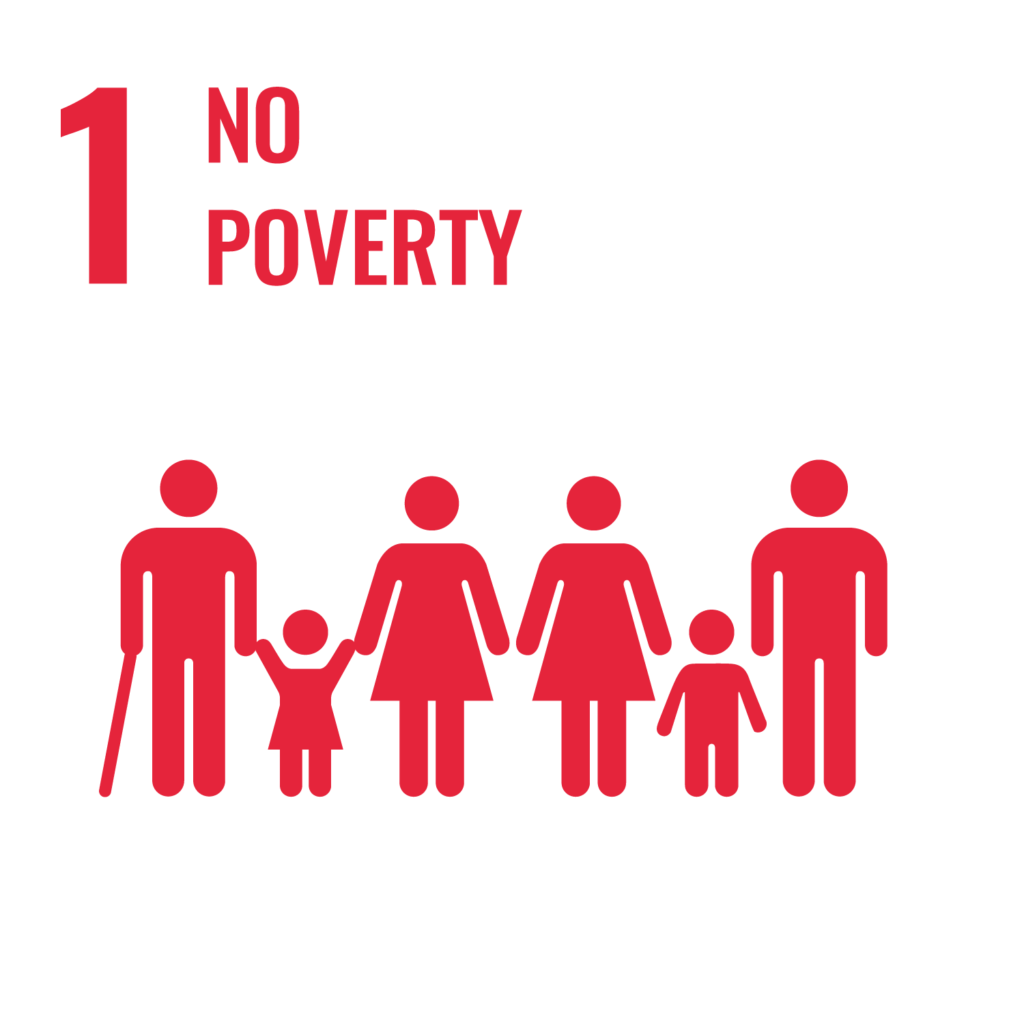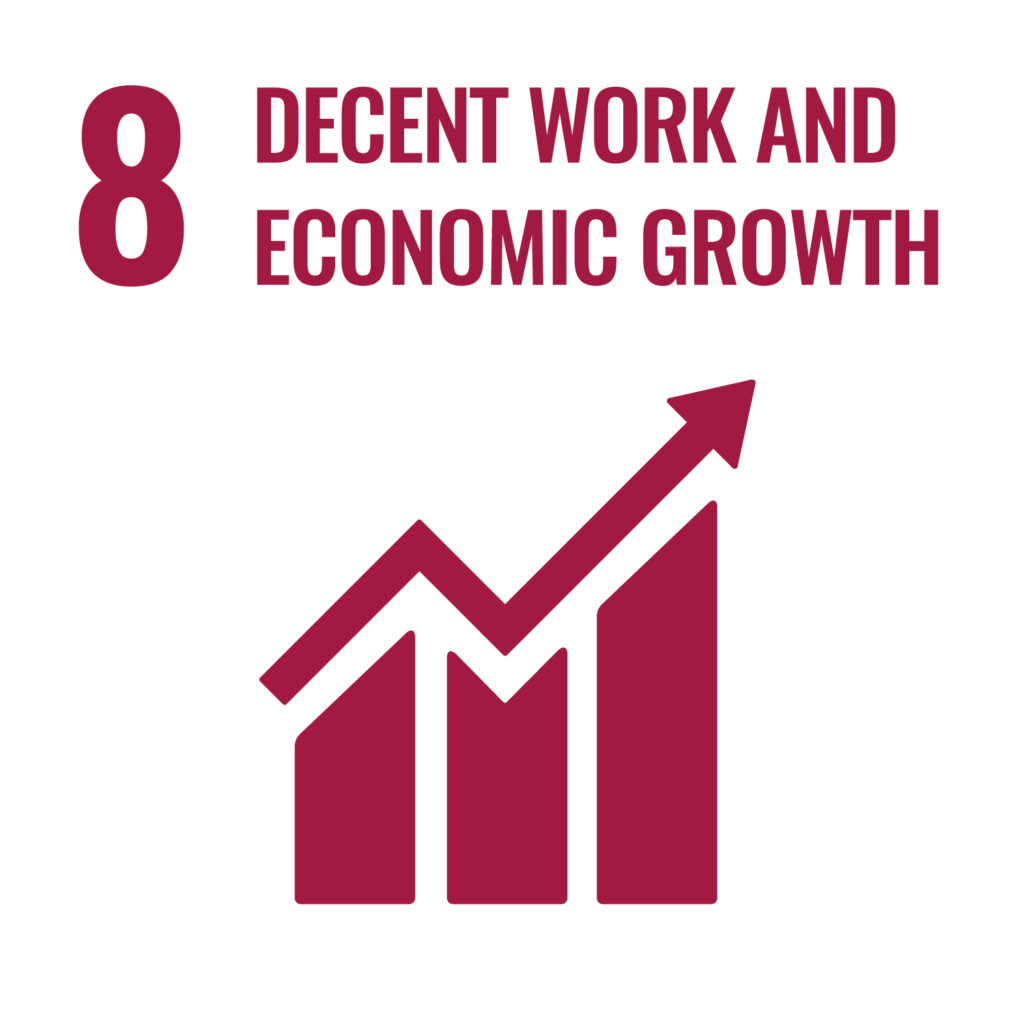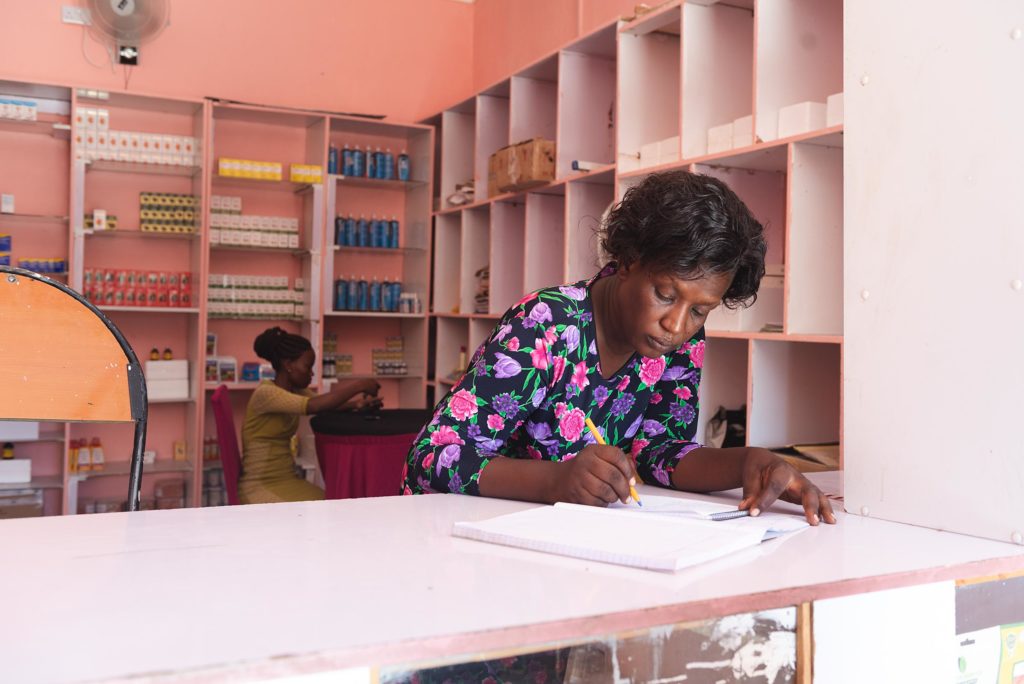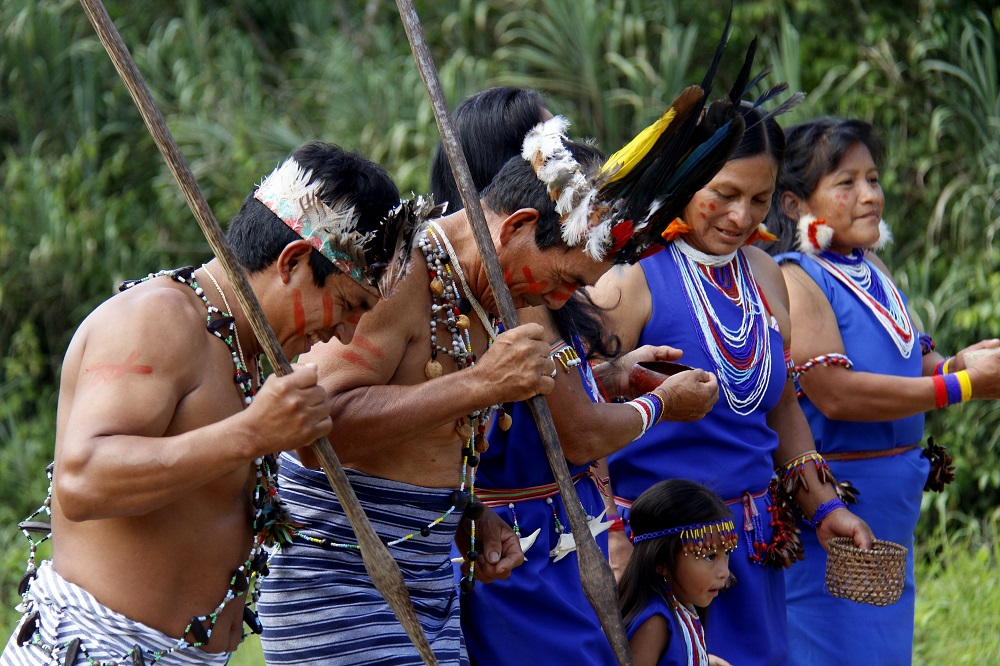Elizabeth Lokolio has always possessed the drive to better her local community, a small village in Turkana County, Kenya. While working as an animal health project officer for a development organization several years ago, she noticed a major problem: there were not enough animal supplies to go around, and the products that did exist were out of reach for many. In a pastoralist community like Elizabeth’s, the animals make up its very foundation. “When the animals are healthy, the people are healthy,” she explained. “And when the animals are healthy, people have money.”
For her rural community, the nearest agricultural-veterinarian supply store was 300 kilometers away—too far for many to travel. “I knew I needed to have a shop in Lodwar to meet the needs of the people,” she said, so she set aside some of each paycheck to garner start-up capital. In 2009, she quit her job and started Silo Agrovet, an animal supplies business, with the aim to serve all of Turkana County.
The Foundation sees the entrepreneurial spirit possessed by Elizabeth in abundance in Turkana. To unlock this local potential, the Foundation provides business support and seed funding tailored to the unique environment of the region. Beginning first in 2016, the Foundation launched a micro-enterprise training program in partnership with Equity Bank Foundation, targeting small mom-and-pop shops across northern Kenya. Through this program, the Foundation recognized a cohort of high-growth potential businesses like Silo that were still too small for more conventional forms of financing.
In partnership with Africa Oil the Foundation launched Turkana Catalyst Initiative, a training and seed fund program targeting small businesses in northern Kenya. The U.K. Department for International Development and Canada’s Mennonite Economic Development Associates also came on board as funding partners. In 2018, Elizabeth participated in the program. “I took it very seriously,” she said, “and it changed my business.”
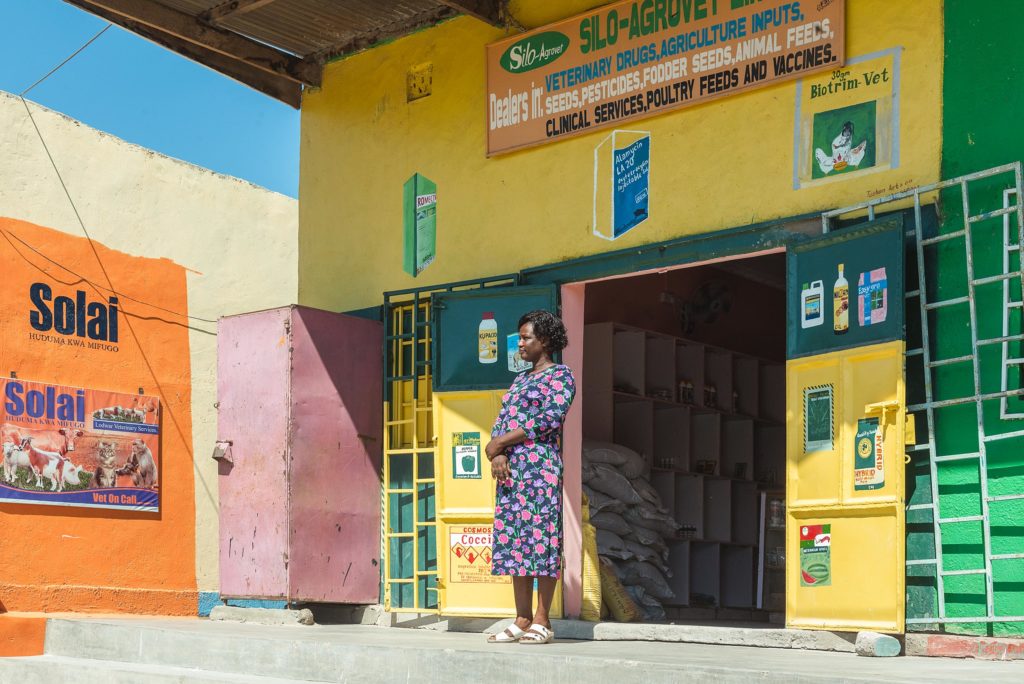
Project Impact
32 small businesses supported
$5.8 million USD in revenue generated
1.5 times revenue growth
Over 172 jobs created
Over $1 million USD in wages paid
“I’ve managed. I’ve succeeded. I’ve gotten awards. I’ve sustained my family.”
With help of the training and $25,000 USD in seed funding from the program Elizabeth has been steadily improving her business: she can now buy in bulk without any delivery delays, is proactively managing inventory, has an improved pricing strategy and is meeting growing customer demands. She opened a new outlet and schedules deliveries to serve community members that previously lacked access. “[The program] filled in all the gaps,” she said. “I make sure that not even a single animal can be lost through drought, through disease.”
Elizabeth found marketing and branding support offered by the Foundation and the International Finance Corporation particularly useful. “That was really excellent,” she said, “I have seen an aggressive move in my business,” she said.
Last year, Elizabeth received a Kenya Business Awards for Women in Business. “This is a women-led company,” she said of Silo. “I’ve managed. I’ve succeeded. I’ve gotten awards. I’ve sustained my family,” Lokolio said. “Why can other women not do it, if I’m an example? So I just tell others, just come on board, and we can try to start a business. Let’s start small, and then we can grow big.”
UN Sustainable Development Goals
Our initiatives strive to improve people's lives and protect the planet and are in support of the following UN SDGs:
